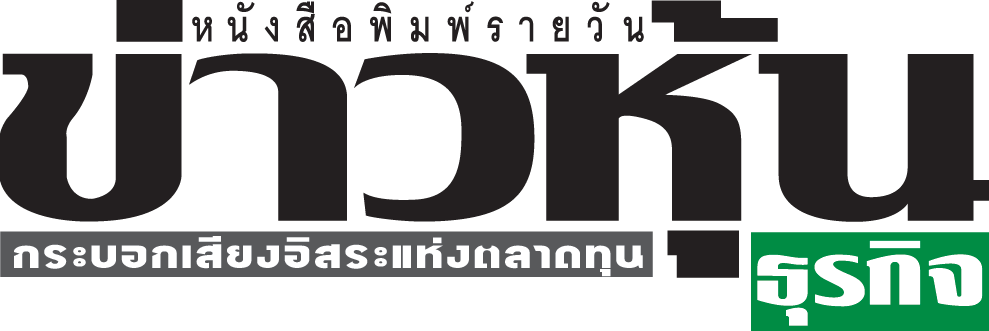
BOT Vows to Use Appropriate Tools to Curb Impact from Covid-19 while Maintaining the Rate
BOT Vows to Use Appropriate Tools to Curb Impact from Covid-19 while Maintaining the Rate at 0.50 Percent.
Mr. Titanun Mallikamas, Secretary of the Monetary Policy Committee (MPC), announced the outcome of the meeting on 24 June 2020, which voted unanimously to maintain the policy rate at 0.50 percent, with details as follows.
In deliberating their policy decision, the Committee assessed that the Thai economy would contract in 2020 more than the previous assessment due to the impact of the COVID-19 outbreak that turned out more severe than expected as well as the containment measures implemented by governments in many countries, including Thailand, disrupting global economic activities. The COVID-19 pandemic would also have highly uncertain effects on the economic structure, business operations, and the way people live and work.
However, economic activities would gradually recover in the second half of the year in countries that could effectively contain the outbreak including Thailand. Meanwhile, headline inflation would be more negative than previously assessed but would return to the target in 2021.
Financial stability would be more vulnerable given the economic outlook. The Committee viewed that the extra accommodative monetary policy since the beginning of the year as well as the fiscal, financial, and credit measures additionally announced helped alleviate adverse impacts and would support the economic recovery after the pandemic subsided, facilitate the return of inflation to the target, and reduce financial stability risks.
The Committee thus voted unanimously to maintain the policy rate at this meeting.
The Thai economy would contract more than the previous assessment due to the COVID-19 pandemic that was more severe than expected, resulting in governments in many countries including Thailand implementing containment measures that significantly affected tourism and merchandise exports.
Meanwhile, domestic demand, both private consumption and private investment, would contract more than previously assessed. Employment and incomes were projected to decline. Nevertheless, economic activities exhibited signs of improvement following the relaxation of the containment measures. The Committee viewed that targeted and timely fiscal measures along with accommodative monetary policy, credit measures, as well as the speed-up of debt restructuring would remain vital to support employment and businesses and facilitate the economic recovery.
In addition, the Committee viewed that the Thai economy needed to have additional supply-side policies to support the changing economic structure and patterns of business operations consistent with the post-COVID environment.
The annual average of headline inflation would be more negative in 2020 than the previous assessment. Energy prices collapsed following declining demand due to the dampened global economic activities. Core inflation would remain subdued at a low level. However, headline inflation would rise toward the target in 2021 in tandem with gradually rising crude oil prices and the economic recovery. Medium-term inflation expectations remained anchored within the target.
Commercial bank lending rates and short-term government bond yields declined following the previous policy rate cuts, whereas corporate bond spreads remained high. Commercial bank loans expanded due to large corporates borrowing to build liquidity buffer for economic uncertainties as well as to substitute for corporate bond issuance.
Meanwhile, SME and consumer loans decelerated. With the level of overall liquidity remaining ample, the Committee deemed it important that liquidity be better distributed to affected businesses and households.
Regarding exchange rates, the US dollar depreciated against major and regional currencies, resulting in the appreciation of the baht against the US dollar. However, the Committee expressed concerns over the baht that strengthened and could affect the economic recovery. Therefore, the Committee would closely monitor developments in foreign exchange markets as well as assess the necessity of implementing additional appropriate measures.
The financial institution system remained sound. Commercial banks had robust capital fund and loan loss provision levels. Nevertheless, there remained a need in the period ahead to cope with the highly uncertain COVID-19 situation and the increased risks from deteriorating debt service capability of businesses and households.
Meanwhile, the Bank of Thailand had implemented the second phase of relief measures to assist retail borrowers affected by the COVID-19 pandemic and urged commercial banks to expedite debt restructuring for businesses as well as to accelerate credit extension under various measures previously announced.
Looking ahead, the Committee would monitor developments of economic growth, inflation, and financial stability, together with associated risks, including external risks, the impacts of the COVID-19 pandemic, and the effectiveness of the fiscal, financial, and credit measures, in deliberating monetary policy going forward. The Committee would stand ready to use additional appropriate monetary policy tools if necessary.


